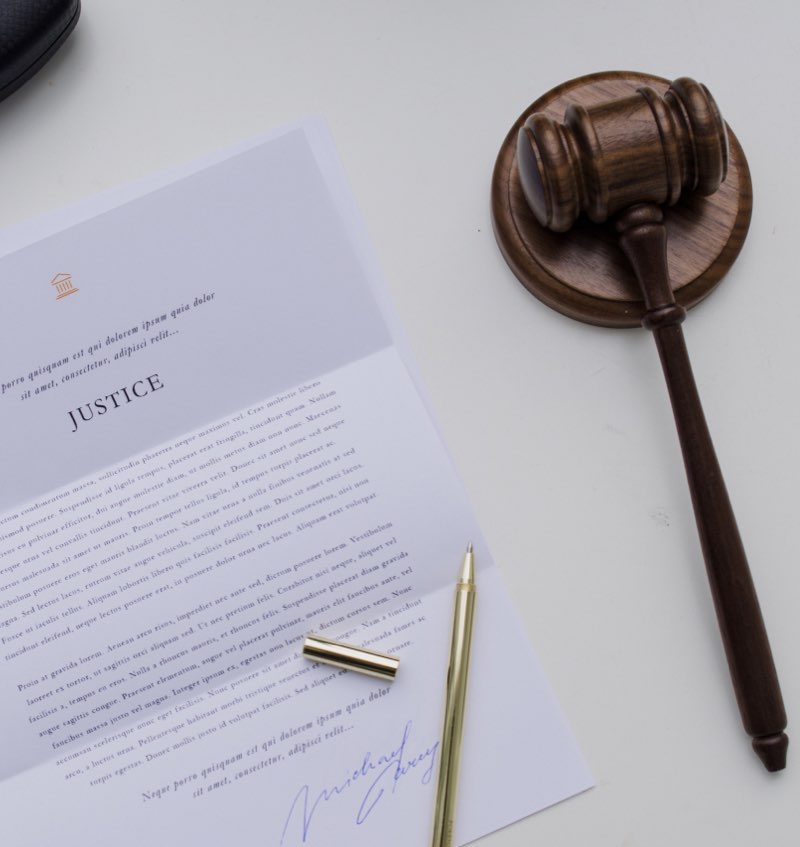Court Marriage
In India the court marriage can be solemnised under many laws. Court marriage under Special Marriage Act allows the marriage of partners irrespective of their religion or caste. Marriage under Hindu Marriage act allows the marriage of Hindus, Sikhs, Jain, and Buddhists. Nikah of Muslim Partners can be facilitated through Muslim personal laws.
Eligibility for Court Marriage
- The Parties must be unmarried. It is not permissible to have two living spouses at the same time.
- The female must be above the age of 18 years and the Male getting married must be above the age of 21 years.
- The parties getting married should be of sound mind and there should be a valid consent of both the parties.
- The parties must not be within the prohibited relationship with each other.

The procedure for court marriage under Special Marriage Act is:
- Firstly, a notice has to be given in writing to the marriage officer of the district in which either of the party is residing for not less than 30 days.
- Then the marriage officer will publish the notice of marriage if in case anyone wants to object it. It will be published at a conspicuous place in the office and also at the permanent address of the parties.
- If anyone raise any objection under section 4 of Special Marriage Act, 1954 then the officer will examine that objection and if it is found to be true then the marriage will not be solemnised.
- If the objection is found to be false then both the parties have to sign a declaration which will be countersigned by the marriage officer.
- After that the parties have to choose a place to solemnise marriage which can be office of the marriage officer. After that the marriage officer will enter marriage certificate in marriage certificate book which will be signed by both the parties and 3 witnesses.
Marriage under Special Marriage Act, takes around 30 days to get solemnised, in case the partners wishes to marry sooner, and they both are either Hindus, Sikhs, Jain and Buddhist then can marry in Arya Samaj Temple in presence of a Priest and two witnesses and then the marriage registration can be done later under Hindu Marriage act. In case where the partners are Muslim they can sign the Nikah Nama in front of the Kazi and then get their marriage registered in court. In case the Partners are Christian they can marry in church and then can get their marriage registered in court.
Happy Clients

“Mauris blandit aliquet elit, eget tincidunt nibh pulvinar a. Quisque velit nisi, pretium ut lacinia in, elementum id enim. Donec sollicitudin molestie malesuada. Cras ultricies ligula sed magna dictum porta. Curabitur arcu erat.”
— John Simpson
Get Started
Start with a free consultation

